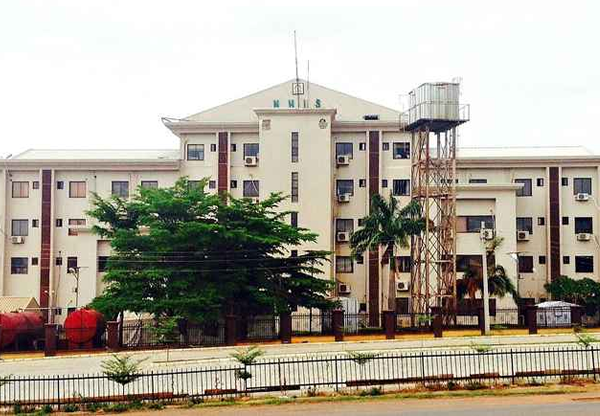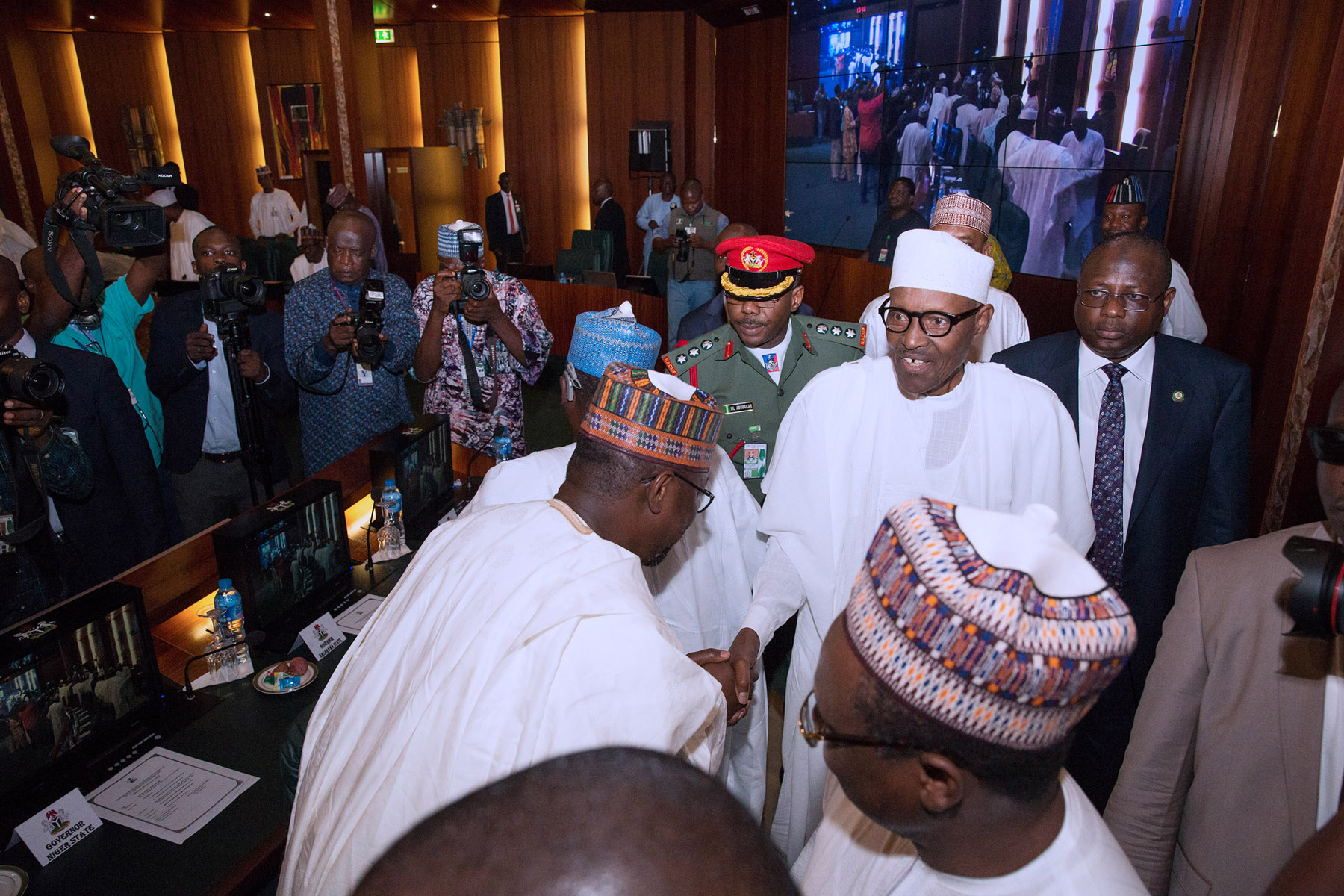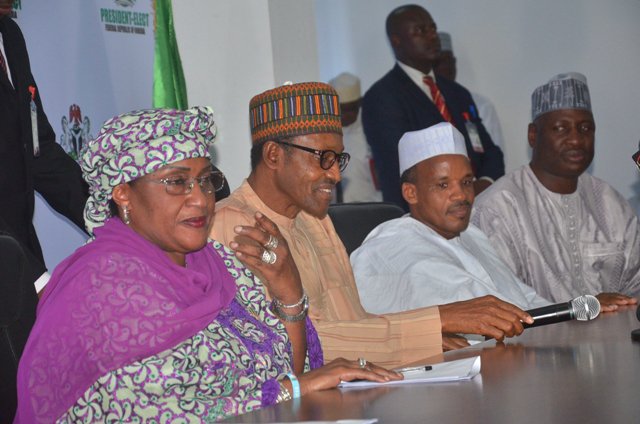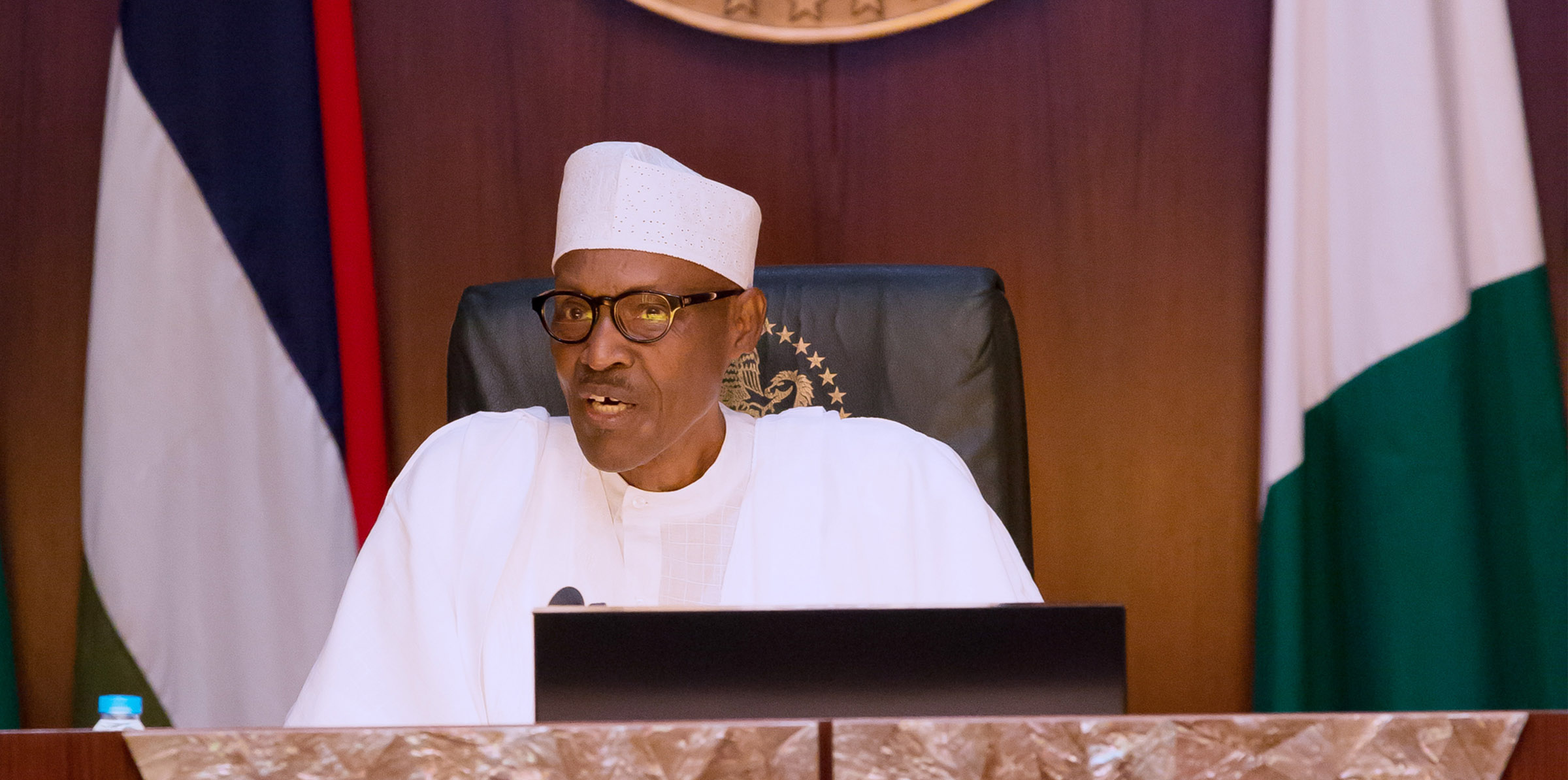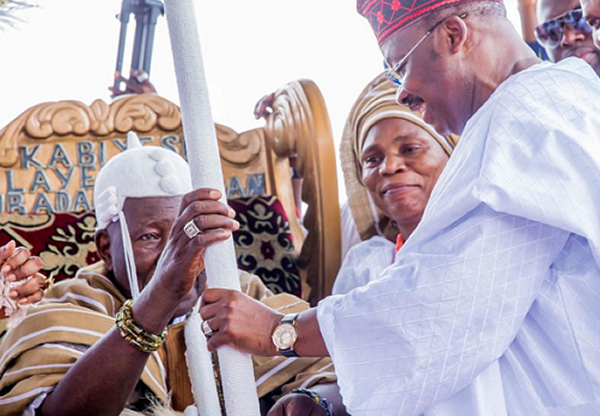BY YAHAYA ETILA
A lot has happened at the National Health Insurance Scheme (NHIS) since it was created by the government of President Olusegun Obasanjo in 2005. The NHIS is charged by law to promote access to quality and affordable healthcare in Nigeria through the provision and regulation of health insurance. At the launch of its formal sector programme in 2005, then President Olusegun Obasanjo mandated NHIS to achieve universal health insurance coverage in Nigeria within ten years, which means that all Nigerians should have health insurance coverage by 2015.
Since 2005, NHIS has done a lot to achieve this mandate. Federal Government’s employees and their dependents have been covered almost 100%. Also, close to two million private sector employees have enrolled under NHIS. The Scheme has also designed imaginative programmes to include Nigerians outside the formal sector. These include the Community Based Social Health Insurance Programme (CBSHIP), the Voluntary Contributors’ Social Health Insurance Programme (VCSHIP), the Tertiary Institutions Social Health Insurance Programme (TISHIP) and the NHIS-MDG Programme for Pregnant Women and Children under Five Years.
As remarkable as these achievements are, most Nigerians are still not under the Scheme. In fact, a recent survey stated that only 7.5% of Nigerians have health insurance covers. The capacity of NHIS to provide health insurance for all Nigerians has been constrained by some challenges. And one of them is the turnout of chief executive officers of the scheme in the past six years after Dr. Dogo Muhammad was denied reappointment despite his sterling performance. I would like to state that the NHIS under Dr. Dogo Muhammad experienced phenomenal growth. Why? Dr. Dogo Muhammad rose through the ranks in the civil service, and when crisis rocked the NHIS, he was called upon to the federal ministry of health to head the scheme. And his tenure can be termed a huge success.
This piece is not about Dr. Dogo Muhammad, but rather making a case for an insider to be appointed Executive Secretary of the NHIS. Naturally, this would require referring to the Dogo Muhammad era at the NHIS. After Dr Dogo Muhammad left, a general manager Dr. Muhammed Sambo was appointed acting executive secretary and he stabilised the system, but again he was asked to leave the position for an “outsider”
Advertisement
The NHIS has not had it all rosy with chief executives. And the reason is simple. The government has brought two people from outside the scheme as executive secretary and the only achievements you could associate with them was that they awarded frivolous contracts to their cronies and helped themselves with NHIS funds.
I will start with Dr. Femi Thomas. He came and left unceremoniously after helping himself with NHIS funds to the detriment of impacting lives. Dr. Femi Thomas was an “outsider”, who needed to learn, and in the process, he got carried away, and the rest is history. Then came Mr. Femi Akingbade, a general manager at the time and acting executive secretary. He did his best. Again he was replaced by an “outsider” in the person of Professor Usman Yusuf, a supposedly pediatric professor, with little or no knowledge of the workings of the NHIS. Again, he messed up the place by enriching himself and cronies until he was suspended by the minister of health bordering on allegations of corruption.
Has the government learned a lesson? Common sense stipulates that an agency as sensitive as the NHIS ought not to be left in the hands of newcomers. Yes, it can be argued that the position of executive secretary is political, but again, after two failed experiments, won’t there be a need for a change in strategy?
Advertisement
The change in strategy is simple. The government should look at what it is that “insiders” are able to manage NHIS effectively and why “outsiders” have all messed up the place and should look inwards towards appointing a new executive secretary for the NHIS. Unless there is an argument that there are no qualified people in the NHIS. In my opinion, I am not sure the argument of no qualified personnel in the NHIS can hold water. I will give an example. The acting executive secretary of the NHIS, Mallam Attahiru Ibrahim was the general manager contributions before his appointment as acting executive secretary. As a stakeholder in the health insurance sector in Nigeria, I have interacted with Mallam Attahiru Ibrahim for upward eight years in the course of work. He is not only a through—breed; he is a consummate professional that understands the concept of health insurance.
Let me also add that you can’t questions his integrity and he is not one that would compromise. I know this because we have worked closely on a couple of projects and this attribute stood out. Despite being the most senior general manager in the NHIS, he was transferred out of the head office to head the north central zonal office, a position he held for about 8 years. But when and where his inputs are needed he was always called upon. That tells the quality of his debates and the strength of his character.
Lest I also forget, he was at a time the general manager research, planning, and monitoring of the NHIS. If you called the research, planning and monitoring department the hub of the activities of the NHIS, you wouldn’t be wrong. As a fact, that was where our paths crossed. We argued and argued. I won in some cases, and he also won in some cases. But the takeaways from some of our arguments were that at least there was someone with a grasp of the issues confronting NHIS. I recall a particular incidence during a seminar organized by the NHIS for health management organizations and hospitals towards ensuring that care is given to NHIS enrolees as at when due.
On that occasion, the HMO’s were all prepared to lay the blame on the NHIS, but trust me, when Mallam Attaihiru Ibrahim mounted the podium, he churned out statistics, cited cases back with verifiable evidence and suggestions on the way forward. After his speech, I recall there was pin drop silence in the hall. Only a few murmured. Initially, we all thought he was a consultant or something; it was after an exchange of pleasantries at the end of the event that we realized he was a staff of NHIS. And you could easily feel the wow on the lips of everybody.
Advertisement
The crux of this piece is simple. The government should look inwards if it is desirous of making the NHIS work. Nigeria does not have the luxury of time. Recalls that Nigeria ought to have attained universal health converge since 2015. But here we are with less than 10% coverage when countries like Rwanda and Ghana have made considerable progress towards achieving universal health coverage for its citizens.
These are my thoughts towards solving the leadership crisis at the NHIS. And it is only hoped that those saddled with the responsibility of making appointments should not make the same mistake for a third time by appointing an “outsider” to head the NHIS. And moving forward, the system should be setup in such a way that substantive executive secretaries should come from the system and not outside the system. And as they say, charity begins at home.
Views expressed by contributors are strictly personal and not of TheCable.
Add a comment
